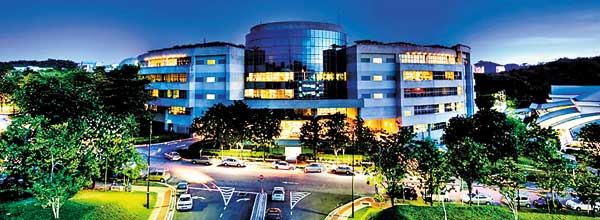Reply To:
Name - Reply Comment
Last Updated : 2024-04-25 16:11:00

.jpg) The Budget 2014 proposes new initiatives to support commercialisation of inventions. An important initiative that the Ministry of Research and Technology is believed to be contemplating is to set up a technology park in Sri Lanka (in addition to the Nano-Technology Park, Homagama) with a focus on commercialising inventions in a wide range of fields through new venture creation. This would be a welcome idea from the viewpoint of many: researchers, businessmen/entrepreneurs, and consumers.
The Budget 2014 proposes new initiatives to support commercialisation of inventions. An important initiative that the Ministry of Research and Technology is believed to be contemplating is to set up a technology park in Sri Lanka (in addition to the Nano-Technology Park, Homagama) with a focus on commercialising inventions in a wide range of fields through new venture creation. This would be a welcome idea from the viewpoint of many: researchers, businessmen/entrepreneurs, and consumers.
Add comment
Comments will be edited (grammar, spelling and slang) and authorized at the discretion of Daily Mirror online. The website also has the right not to publish selected comments.
Reply To:
Name - Reply Comment
US authorities are currently reviewing the manifest of every cargo aboard MV
On March 26, a couple arriving from Thailand was arrested with 88 live animal
According to villagers from Naula-Moragolla out of 105 families 80 can afford
Is the situation in Sri Lanka so grim that locals harbour hope that they coul